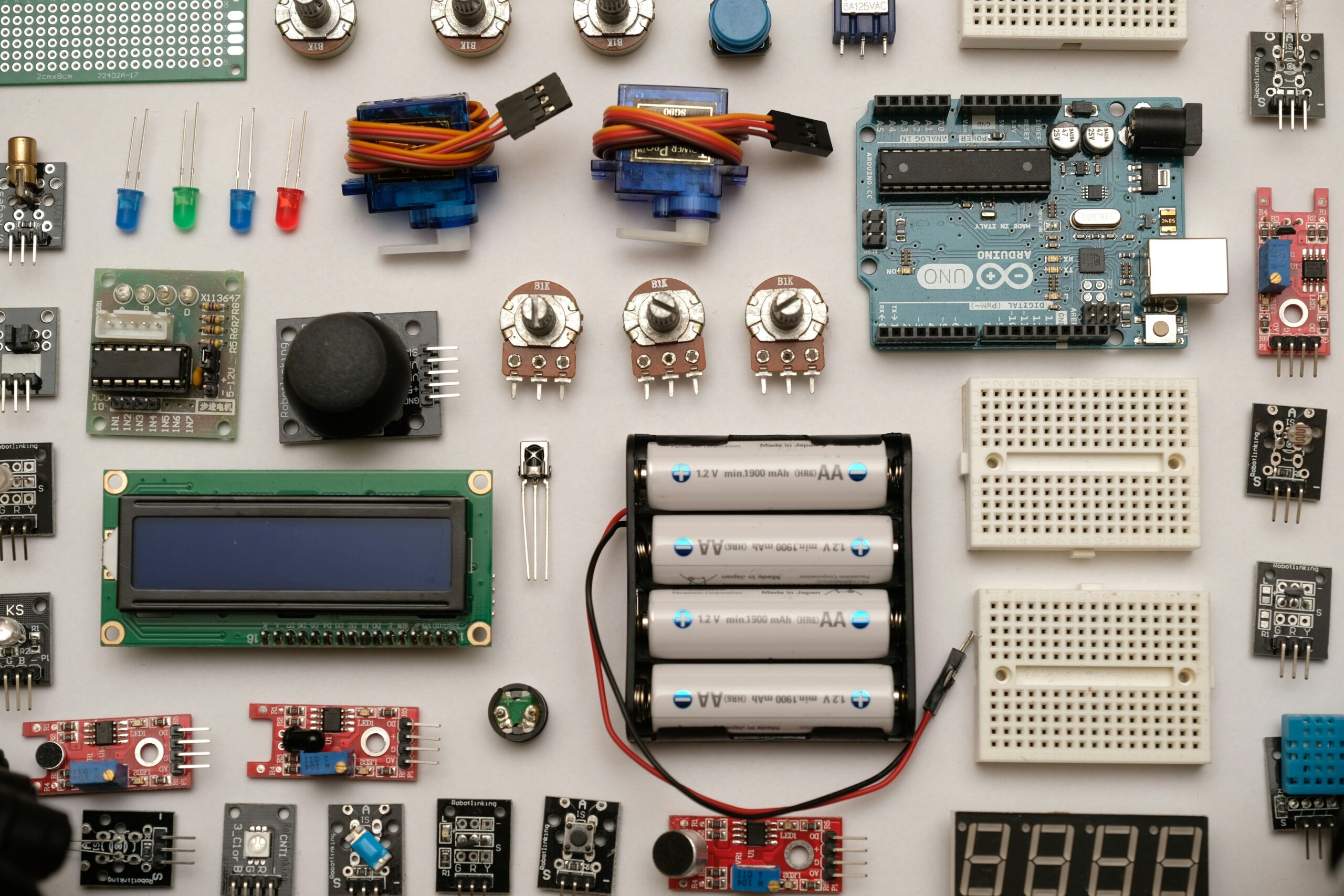
Artificial Intelligence (AI) has become an integral part of our daily lives, transforming the way we interact with technology. From voice assistants to recommendation algorithms, AI has made our lives more convenient and efficient. In this blog post, we will explore the implications and applications of AI in everyday tech.
Implications of AI in Everyday Tech
AI has revolutionized the way we use technology, and its implications are far-reaching. Here are some key implications of AI in everyday tech:
1. Personalization
AI-powered algorithms have made personalization a reality in various tech products. Whether it’s personalized recommendations on streaming platforms or targeted advertisements on social media, AI analyzes vast amounts of data to understand our preferences and tailor our experiences. This level of personalization enhances user satisfaction and engagement.
2. Automation
Automation is another significant implication of AI in everyday tech. AI-powered systems can perform tasks that traditionally required human intervention. For example, chatbots can handle customer queries, virtual assistants can schedule appointments, and self-driving cars can navigate through traffic. Automation not only saves time but also improves efficiency and accuracy.
3. Enhanced User Experience
AI has greatly enhanced the user experience in various tech products. Natural Language Processing (NLP) allows us to interact with voice assistants like Siri and Alexa, making our interactions more intuitive and seamless. AI-powered image recognition technology enables us to organize and search through our photo libraries effortlessly. These advancements have made technology more accessible and user-friendly.
4. Improved Efficiency
AI has the potential to optimize processes and improve efficiency across different industries. For example, AI-powered algorithms can analyze large datasets in healthcare to identify patterns and make accurate diagnoses. In manufacturing, AI can optimize production lines and predict maintenance needs, reducing downtime and increasing productivity. These efficiency gains have a significant impact on cost reduction and resource optimization.
Applications of AI in Everyday Tech
The applications of AI in everyday tech are vast and continue to expand. Here are some notable applications:
1. Virtual Assistants
Virtual assistants like Siri, Alexa, and Google Assistant have become household names. These AI-powered assistants can perform various tasks, such as answering questions, setting reminders, playing music, and controlling smart home devices. Virtual assistants have transformed the way we interact with technology, making our lives more convenient and efficient.
2. Recommendation Systems
AI-powered recommendation systems have become ubiquitous in online platforms. Whether it’s personalized movie recommendations on streaming services or product recommendations on e-commerce websites, AI analyzes user data to suggest relevant content. These recommendation systems not only enhance user experience but also drive sales and customer engagement.
3. Autonomous Vehicles
The development of autonomous vehicles is a significant application of AI in everyday tech. Self-driving cars use AI algorithms to navigate roads, detect obstacles, and make real-time decisions. Autonomous vehicles have the potential to revolutionize transportation, making it safer, more efficient, and environmentally friendly.
4. Smart Home Devices
AI has enabled the rise of smart home devices that can automate various tasks. From thermostats that learn our temperature preferences to security systems that use facial recognition, AI-powered smart home devices make our homes more comfortable and secure. These devices can be controlled through voice commands or smartphone apps, adding convenience to our daily lives.
5. Healthcare Diagnostics
AI has the potential to revolutionize healthcare diagnostics. AI algorithms can analyze medical images, such as X-rays and MRIs, to detect abnormalities and assist in diagnosis. This technology has the potential to improve the accuracy and efficiency of medical diagnoses, leading to better patient outcomes.
Conclusion
The rise of AI in everyday tech has brought about significant implications and applications. From personalization and automation to enhanced user experience and improved efficiency, AI has transformed the way we interact with technology. As AI continues to advance, we can expect even more innovative applications that will shape our future.

